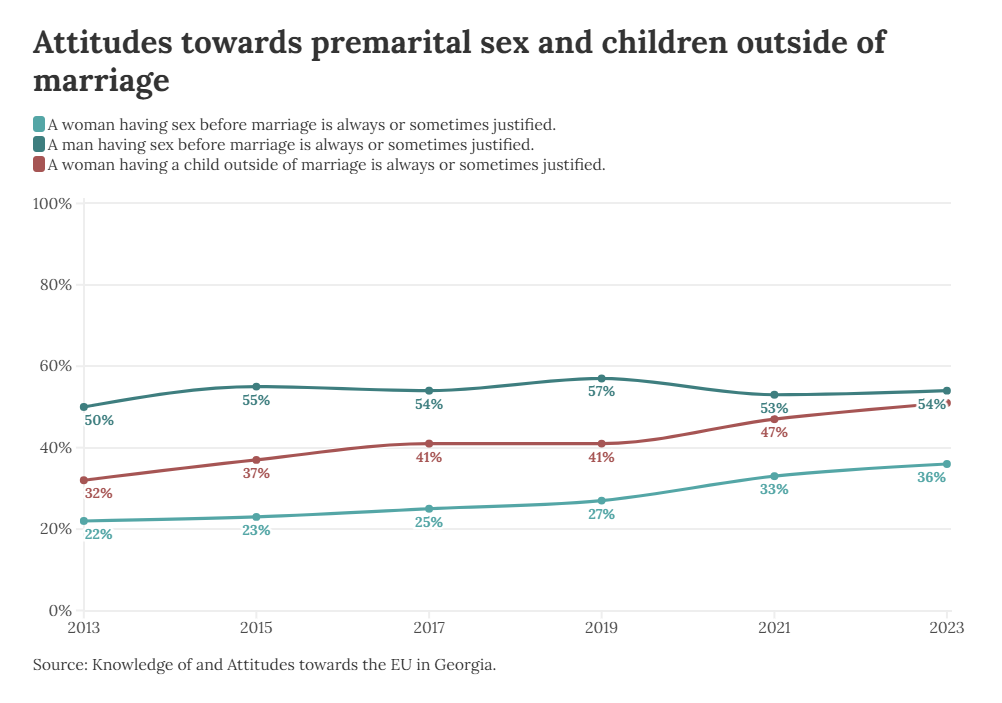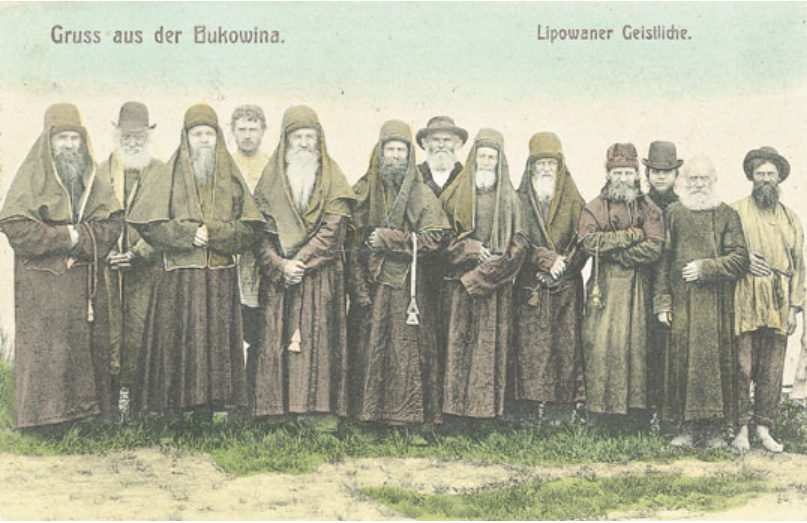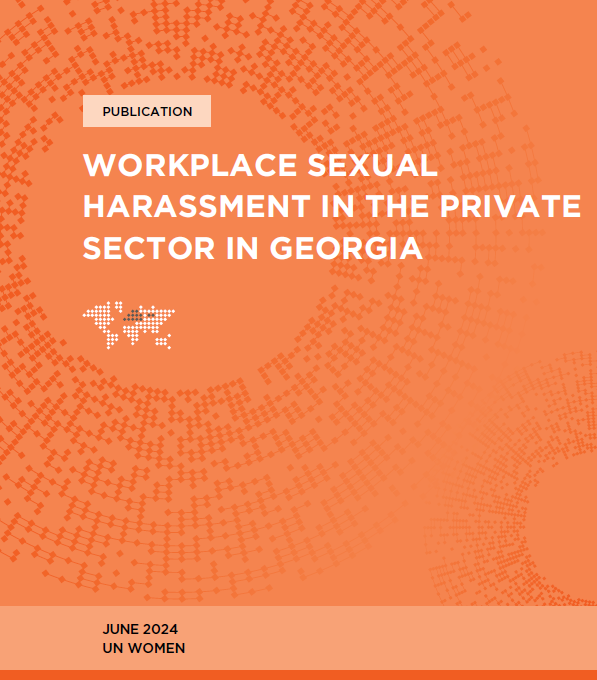The Knowledge of and Attitudes towards the European Union in Georgia 2015 survey report was presented today by Eurasia Partnership Foundation (EPF) in Tbilisi.
Four waves of the survey were conducted within the framework of EPF’s European Integration program in 2009, 2011, 2013 and 2015, and the data provides information about the dynamics of opinion, attitudes and knowledge over the last seven years. The surveys were conducted by CRRC-Georgia, and the data is free to access on CRRC’s online data analysis platform.
The major findings of the 2015 survey discussed in the report include:
- Support for EU integration is still strong among the population of Georgia, but compared to 2013, the share of those who would vote for EU integration, if a referendum were held tomorrow, dropped from 78% to 61%;
- The fear that the EU will harm Georgian culture and traditions has increased in Georgian society. This fear appears to have contributed to the decrease in the number of supporters of Georgia’s EU membership;
- As was the case in 2013, representatives of the ethnic minority population are the least knowledgeable about the EU and its activities in Georgia, although there is evidence of impressive increases in their knowledge after 2013. Residents of the capital, on the other hand, are the best informed about the EU;
- The population believes that high-ranking Georgian officials benefit more from EU assistance provided to Georgia than regular people do, and knows very little about EU assistance to the general public.
- The Georgian population’s trust towards crucial social and political institutions has been decreasing. The population expresses the least trust in those social institutions, which, potentially, could ensure the democratic development of society – such as NGOs, Parliament, political parties, media and local government.
Based on the most important findings of the survey, EPF has come up with the following recommendations for the Government of Georgia, the EU, nongovernmental organizations operating in Georgia, the mass media, and representatives of academic institutions both in Georgia and EU countries. It is recommended:
- That more attention is paid to the coverage of EU-related issues in the traditional media (first and foremost, on television) rather than the Internet, which is often not available in remote rural settlements. Of course, this does not mean relaxing efforts to spread information via the Internet – online resources should be maintained as an important source of information, but efforts should be enhanced to inform those segments of the population who do not use the Internet. Actors should coordinate efforts to produce more informational and educational TV programs about the EU, its aims and its role. Information should be prepared not only in Georgian, but also in the Azerbaijani and Armenian languages.
- That documents concerning EU assistance spending are made public and accessible, thereby informing society about the diverse profile of its actual beneficiaries. Journalists may produce reports and/or programs recounting the personal stories of ordinary people – farmers, students, nurses, etc. – about the role of EU assistance in their lives. It is important to cover the stories of beneficiaries in various sectors, for example – education, healthcare, civic engagement, the rule of law and the protection of human rights.
- That the reasons behind the fear that the EU is threatening Georgian culture and traditions are thoroughly studied, in order to understand the nature of this fear and the reasons that have contributed to its intensification since 2013. Actors should find ways of relieving or eliminating the fear. Coming to an understanding of what exactly people see as “Georgian traditions”, which of these are being threatened and how, could be a first step in this direction.
- That efforts are enhanced to increase the efficiency of governmental and nongovernmental organizations operating in the country in order to boost the population’s trust in these institutions. One of the first steps in this direction may be a thorough study into the reasons for distrust in the population.
The 2015 EU survey report is available online, here. Over the coming week, we will post a number of blog posts highlighting some of the major findings of the report.












